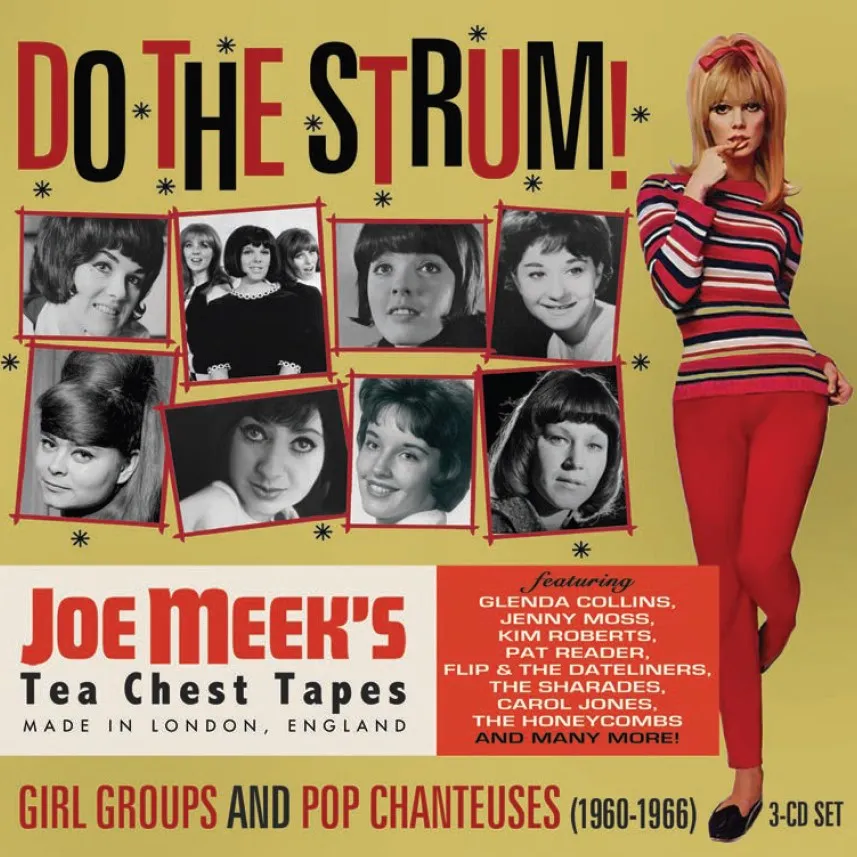 The late rock and pop producer Joe Meek, who is widely regarded as England’s answer to Phil Spector, masterminded many British hits, such as the Cryin’ Shames’ classic “Please Stay.” He also produced a couple of numbers that made the American charts, among them the Honeycombs’ “Have I the Right?” and the Tornados’ instrumental “Telstar,” the first U.K. rock recording to make it to #1 in the U.S.
The late rock and pop producer Joe Meek, who is widely regarded as England’s answer to Phil Spector, masterminded many British hits, such as the Cryin’ Shames’ classic “Please Stay.” He also produced a couple of numbers that made the American charts, among them the Honeycombs’ “Have I the Right?” and the Tornados’ instrumental “Telstar,” the first U.K. rock recording to make it to #1 in the U.S.
A new Meek anthology, released in March 2024, via Cherry Red Records, contains no major hits, British or otherwise, however. Called Do the Strum: Girl Groups and Pop Chanteuses (1960-1966), it focuses on little-known and previously unheard material, nearly a third of which Meek himself wrote or co-wrote. It includes alternate and demo versions and more than 40 heretofore unreleased tracks from Glenda Collins (a Meek favorite, who delivers 16 of the songs) and such other artists as the Sharades, Flip and the Dateliners, and Jenny Moss. Two of the numbers are so obscure that their performers are listed as “unknown.” The box comes with an illustrated 20-page booklet that contains brief bios of the featured artists.
ot-video][/ot-video]
The anthology mines the same territory and embraces many of the same singers as Let’s Go: Joe Meek’s Girls!, which came out in 1996. But Do the Strum digs deeper. While Let’s Go offered 29 tracks on a single CD, the new clamshell-boxed set fits in 88 remastered songs (including most of the ones on the earlier release) and delivers more than three-and-a-half hours of music on three discs. The first of these features all the released singles by Meek’s female artists while the other two include additional material from 1960-63 and 1964-66, respectively.
It’s a mixed bag. Most of Meek’s artists weren’t quite as talented as the ones in Spector’s stable. Moreover, some of the recordings here date from the early ’60s and reflect the tastes of this pre-Beatles era, when light pop confections dominated the airwaves. Tracks such as Eve Boswell’s “Sur Le Pont D’Avignon” and Pat Reader’s “Cha Cha on the Moon” are sugary and disposable, and a clamorous cover of the standard “Heart and Soul” by Diane and the Javelins is a mess. Numbers such as Yolanda’s “With This Kiss” and Pamela Blue’s “My Friend Bobby” are more likable but come from the same saccharine world as better-known contemporaneous hits like Shelly Fabares’ “Johnny Angel” and Little Peggy March’s “I Will Follow Him.”
Even some of the early material—such as Collins’ sound-effects-enhanced “I Lost My Heart at the Fairground”—hints at Meek’s emerging production genius, however; and many of the tracks, particularly those from 1964 onward, do more than hint.
ot-video][/ot-video]
The set’s lushly produced versions of “Something I’ve Got to Tell You”—one by Collins and one by the Honeycombs—both should have been hits and Carol Jones’ “Cinderella Jones” is as seductive as similarly styled, better-known tunes like Kathy Young’s “A Thousand Stars.”
ot-video][/ot-video]
Consider this box an opportunity to hunt for hidden treasure. You’ll have to dig through a bit of fool’s gold to find it, but if you’re a fan of Meek’s work and the so-called girl-group era, you will encounter some gems. The collection is available in the U.S. here and in the U.K. here.
Related: Our review of a collection of tracks from Swinging London

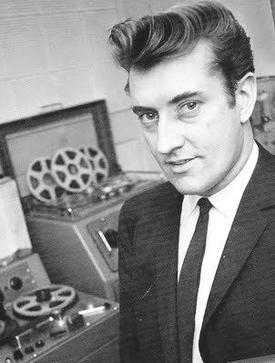
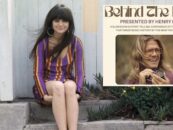
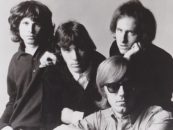
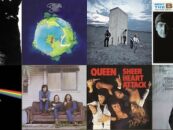


No Comments so far
Jump into a conversationNo Comments Yet!
You can be the one to start a conversation.